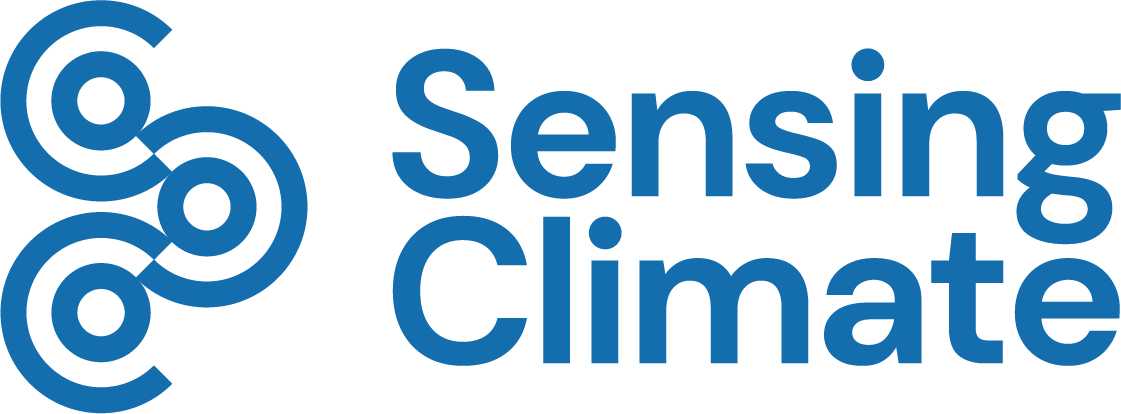Climate adaptation and disability in Aotearoa New Zealand
By Raven Cretney (introduced by Sarah Bell)
We’re delighted to share this guest piece by Dr Raven Cretney of Lincoln University, Aotearoa New Zealand. Raven is a qualitative social scientist who works across human geography and political science with her research largely focussing on collective action and policy change relating to post-disaster and environmental issues.
Over the past year, Raven has been working on disability and climate adaptation in Aotearoa New Zealand, bringing together her previous experience with research on disaster response and recovery, community engagement, and climate adaptation issues to work alongside the disability community.
Raven will be joining us for our ‘Disability and Climate: In Conversation With’ session on 10th July this year to reflect on this work (read more or sign up online). In the meantime, you can hear more about Raven’s most recent project below!
Disabled people around the world, and in Aotearoa New Zealand, are on the frontlines of climate change.
Globally, disabled people are more likely to experience the disruptive and dangerous impacts of climate change, as well as unintended negative impacts from policies that aim to reduce emissions and adapt to a changing climate.
Climate change impacts include increased severe weather events, food, energy and water insecurity and health impacts that pose challenges to day-to-day life and long-term wellbeing.
Building inclusive and equitable responses to climate adaptation will require an all-of-society approach that leaves no one behind. In Aotearoa New Zealand, the most recent available statistics suggest a disability rate of 17% for the general population and 21% for the Māori population.
In 2024, we conducted a scoping project, funded through the Resilience to Nature's Challenges National Science Challenge, to explore the perspectives and experiences of the disability community in Aotearoa New Zealand on climate change issues and to identify the needs and priorities for research and policy on climate adaptation.
The research was carried out in two stages:
A desktop-based analysis of central government policy documents, as well as national and international literature related to climate change adaptation and disability.
Fifteen interviews and four online survey responses from key individuals working in the disability, climate, emergency management and community sectors in Aotearoa New Zealand.
A number of themes and opportunities were raised by participants that highlighted areas where decision-making on climate adaptation could support disability leadership, and reduce accessibility barriers. Most importantly, participants highlighted the significant wealth of expertise and experience the disability community has to lead climate change adaptation.
Key actions suggested to support disabled-led and inclusive adaptation decision-making included:
Frame and develop climate policies in a way that is relevant and engaged with disabled people’s everyday lives.
Invest in and build relationships between the disability community and policy makers and decision makers at local and national scales.
Provide resourcing and invest in disabled people and Disabled People’s Organisations (DPOs) to lead and develop accessible policy and decision-making processes for climate adaptation.
Address accessibility barriers and provide information in multiple formats.
Resource disabled people and DPOs to fully participate in and engage with formal decision-making processes at all levels of governance on climate issues.
A range of gaps in existing research and information were shared by interviewees. Suggestions for where more research could be useful include:
Understanding the issues, experiences, gaps and needs for disabled people that have medical or other dependency on electricity during severe weather events.
Understanding disability and climate adaptation challenges and needs for people living in rural communities, on papakāinga (housing on Māori ancestral land) or remote areas.
Exploring issues of managed retreat and relocation for disabled people.
Developing and trialling disability inclusive emergency management approaches that build preparedness and response capability.
Developing more accessible information on climate change, risk, and climate policy-making for disabled people and trialling inclusive methods of communication and information sharing.
Greater understanding of the demographics, risk exposure and perceptions of disabled people to extreme weather hazards and climate impacts.
Developing and trialling education and information sharing directed towards policy and decision-makers on disability and climate issues.
In order to be applicable, relevant and make the best use of available information, it was also suggested that research should:
Support and resource the creativity, adaptive capacity and resilience of disabled people and communities to respond to climate change.
Test and trial on-the-ground approaches and implementation through applied methods to move away from simply developing more detailed plans which don’t inform action.
Apply and test lessons learnt from international research on climate change, disasters and disability in the Aotearoa New Zealand context.
You can find out more about this work online, including the full report, a summary report, a plain language summary and an Easy Read summary, in various formats.
In the next few months, we are excited to explore some of these ideas in more depth in discussions with disability communities in South Dunedin – a community in Aotearoa New Zealand that is experiencing a number of imminent climate risks while also developing community led and participatory approaches for climate adaptation decision-making. You can read a little more about this work online, with future updates to follow!
